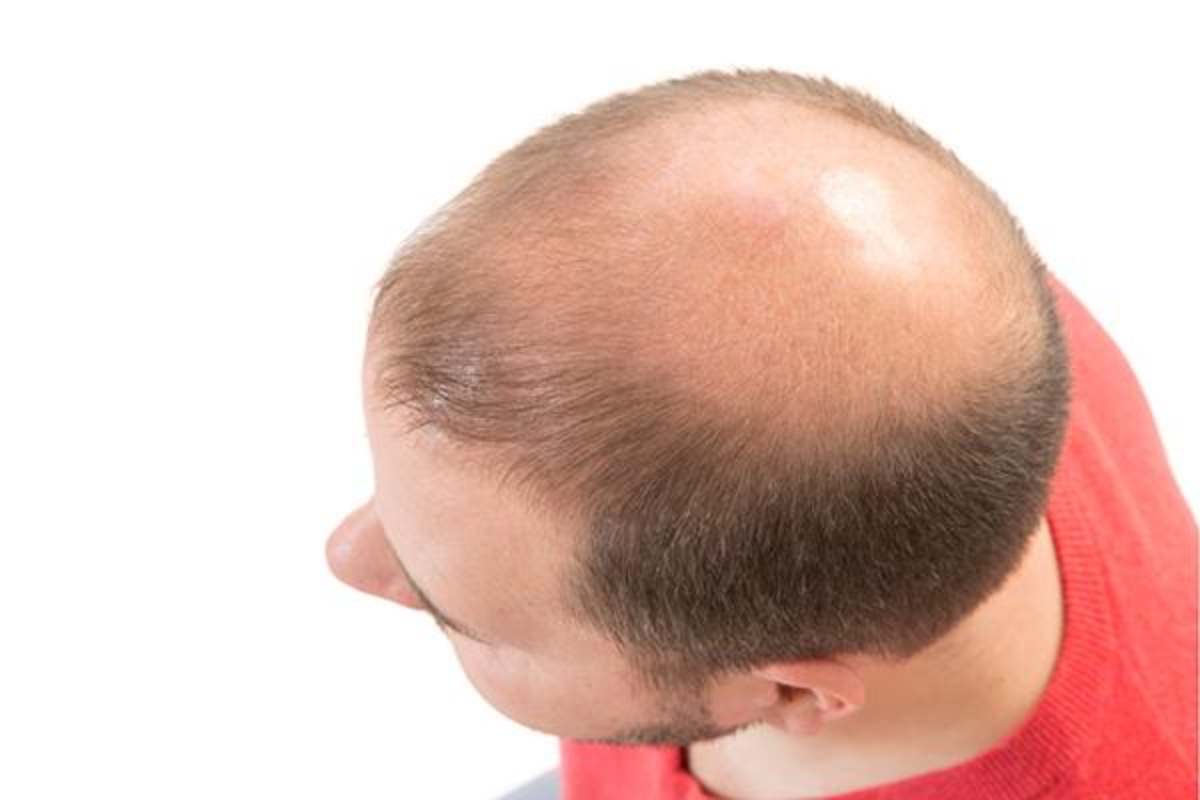The journey of losing weight can be a tough one for a lot of people. While exercise and proper diet are the keys to success when it comes to weight loss, not everyone has the time or ability to stick to these traditional methods. Because of this, weight loss drugs like Ozempic and Wegovy, as well as supplements, have become a multimillion-dollar business around the globe.
These weight loss drugs and supplements claim to help you lose weight without needing to fully commit to a new diet or an exercise routine. However, many doctors will tell you that most of these weight loss drugs aren’t as effective as advertised, while some of them are actually ineffective at helping you lose weight if you don’t also change your lifestyle.
One of the most popular weight loss drugs to hit the market recently is a drug known as Ozempic. Ozempic was approved by the FDA in 2017 as an injectable drug, taken weekly, to help lower blood sugar in those suffering from type 2 diabetes.
If Ozempic is a diabetes drug, what does that have to do with weight loss?
Well, many people have discovered that the active ingredient in Ozempic, semaglutide, has been shown to help with weight loss as well. However, Ozempic as a branded drug, is not FDA-approved to be used for weight loss, which is why there are medications like Wegovy which use the same active ingredient as Ozempic, that are now being prescribed for weight loss.
How Does Ozempic Help with Weight Loss?
As we mentioned above, Ozempic itself is not FDA-approved for weight loss; however the active ingredient in Ozempic, semaglutide, has been approved for weight loss as of 2021 under the brand name Wegovy.
Does this mean you can use Ozempic for weight loss? In theory, yes because it is the same medication, but since the brand name drug Ozempic is not FDA-approved for weight loss, it is not recommended. Technically you would need to use the drug that uses the same active ingredient, semaglutide, which is approved for weight loss called Wegovy.
Wegovy and Ozempic are actually made by the same parent company, but Wegovy has a higher dose of semaglutide designed for chronic weight management. So, if you’re going to take one of these drugs specifically for weight or weight management, we recommend Wegovy since that’s what it was developed for, whereas Ozempic was designed specifically for type 2 diabetes management.
That’s not to say that Ozempic won’t help with weight loss management, but at the higher doses found in Wegovy, it may be more effective.
Just in case you’re wondering, Drs. Krejci and Limmer have not joined the bandwagon of weight loss management treatment; they are sticking to hair. However, many patients have questions about these drugs or are on these drugs, so it is important to know if or how they influence hair growth.
Do Weight Loss Drugs Like Ozempic and Wegovy Cause Hair Loss?
Now that you have an idea of what Ozempic and Wegovy are, let’s talk about how they can affect your body outside of losing weight or managing type 2 diabetes; can they cause hair loss?
The general consensus between doctors and researchers is that the active ingredient semaglutide, found in Ozempic and Wegovy, has not been shown to increase your risk of hair loss or cause hair loss on its own.
Hair loss was not reported as a side effect in any of the testing carried out by researchers regarding either of these drugs, so the drug itself isn’t going to cause you to lose your hair.
But that doesn’t mean there isn’t still a risk of hair loss or hair thinning as an indirect effect of taking Ozempic or Wegovy.
Rapid Weight Loss from Ozempic or Wegovy May Cause Hair Loss
While there is no significant increase in hair loss directly related to taking Ozempic, losing a lot of weight suddenly can cause imbalances with your body and hormones which can, in fact, cause hair loss.
Rapid weight loss, from any source, can cause a condition known as telogen effluvium. Telogen effluvium is a condition that can develop up to 3 months after a stressor, such as rapid weight loss, and leads to sudden hair shedding and thinning.
In most cases, this condition is temporary and will resolve once a stable weight is reached, but it can take many months for the regrowth to fully recover. Sometimes telogen effluvium can unmask a case of male and female pattern baldness. In other words, a patient may have early signs of genetic hair loss that went unnoticed, but once a sudden shed occurs, the pattern becomes more evident.
If you are on either of these weight loss drugs and start to notice your hair thinning after a period of rapid weight loss, it would be wise to seek advice from your doctor. They will be able to better advise you on your next steps.
Even though telogen effluvium is usually a temporary side effect of rapid weight loss, it’s always best to get checked out and make sure that is indeed what is causing your hair loss.
Ozempic and Hair Loss
So, while weight loss drugs like Ozempic and Wegovy aren’t directly link to hair loss or hair thinning, the rapid weight loss that is associated with those drugs can induce enough stress to your hair follicles that it can lead to a temporary condition known as telogen effluvium.
If you are concerned about hair loss, but have been taking these drugs for a while, be sure to consult with your doctor to better understand the risks involved.
These drugs can work wonders for those having trouble losing weight, but if you want to avoid any possible negative side effects, it’s best to stick to a healthy diet and exercise. That being said, even if you go the healthier route and change your diet and introduce exercise, any rapid weight loss can induce telogen effluvium as a side effect, so just be aware of your body as you begin your weight loss journey.







